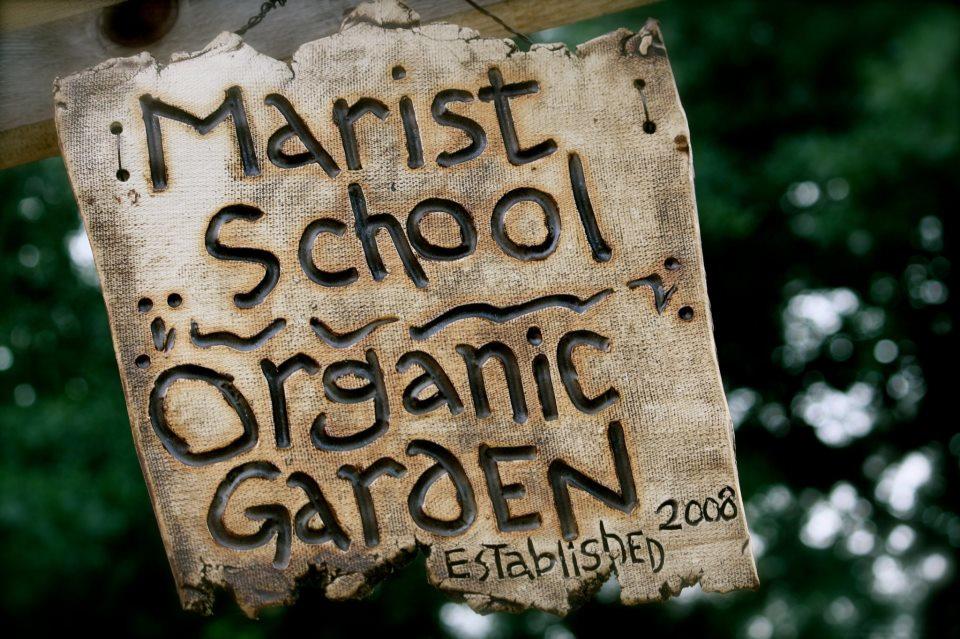
Section Branding
Header Content
Farm to Table Movement Enters The Schools
Primary Content

As a high school student, I remember reading Diet For A New America and Fast Food Nation and feeling sick to my stomach, thinking of the atrocities I had ingested from a fast-food joint. Later, in my adult years, I watched Morgan Spurlock's Super Size Me and Jamie Oliver's Food Revolution and I began to wonder how I can "think globally, act locally" about the U.S.'s food and obesity problems.
The answer: Gardening. Yes, gardening. I don't have much of a front lawn, but I do have sunshine and quite a bit of containers, and so I've built a "victory" garden of sorts.
It turns out, I'm not alone. Many schools across the United States, including Georgia, are incorporating gardening into their lesson plans and after school activities. Marist School, Dunwoody High School, and Henderson Mill Elementary School all have community gardens located on their school properties. Students are learning environmental science, botany, biology, and meteorology while tending their school gardens - and they are also enjoying the tasty fruit of hard work!
School gardens can also help students learn about agriculture and business. By incorporating fundraising activities like plant and produce sales, students who lack green thumbs can still benefit from the gardening activities. (Colquitt County High School exhibited a great example of a plant sale this past April - check out the blog post highlighting their efforts here.)
Perhaps your school doesn't have a community garden, but you like the idea so much that you want to get started. No problem! There are dozens of organizations and other helpful resources that would love to help you put your garden program together.
Georgia Organics is a great resource to start, and they even have a section devoted to Georgia's Farm to School movement. According to Georgia Organics, "farm to school programs now exist in 14 school districts in Georgia with more coming on board each month thanks to an effort being led by Georgia Organics, the Georgia Department of Education, the Georgia Department of Agriculture, Cooperative Extension, the Georgia Department of Public Health and others." Be sure to check out Georgia Organics to inspire you on your gardening journey.
To inspire your students, you could also host a screening of GROW!, which is a documentary film that follows the newest, youngest generation of Georgia growers. I thoroughly enjoyed watching this documentary, and I was impressed to see that many high school and college kids were eager to embrace the challenge and hard work involved in farming. It was also eye-opening to realize that many of America's farmers are retiring, and without a new generation behind them, the country's ability to generate food may be at stake. GROW! also highlights 12 Georgia farms and a number of co-ops and farmers markets - be sure to check it out and see how you and your students can get involved!
To learn more about the Farm to Table Movement, be sure to check out FarmToTableOnline.org. For specific gardening advice, head to Georgia's Gardening Expert, WalterReeves.com.
I hope I've given you the inspiration and resources you need to start your school garden! It will definitely be a lot of hard work, but in the end, the rewards will definitely be sweet.
Secondary Content
Bottom Content





